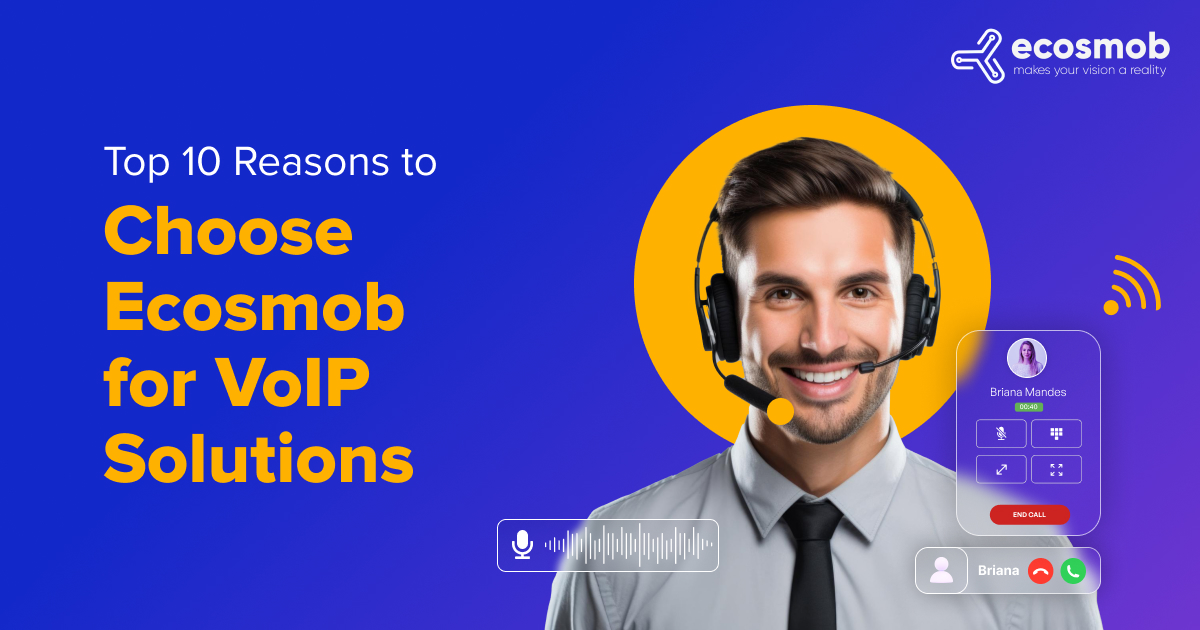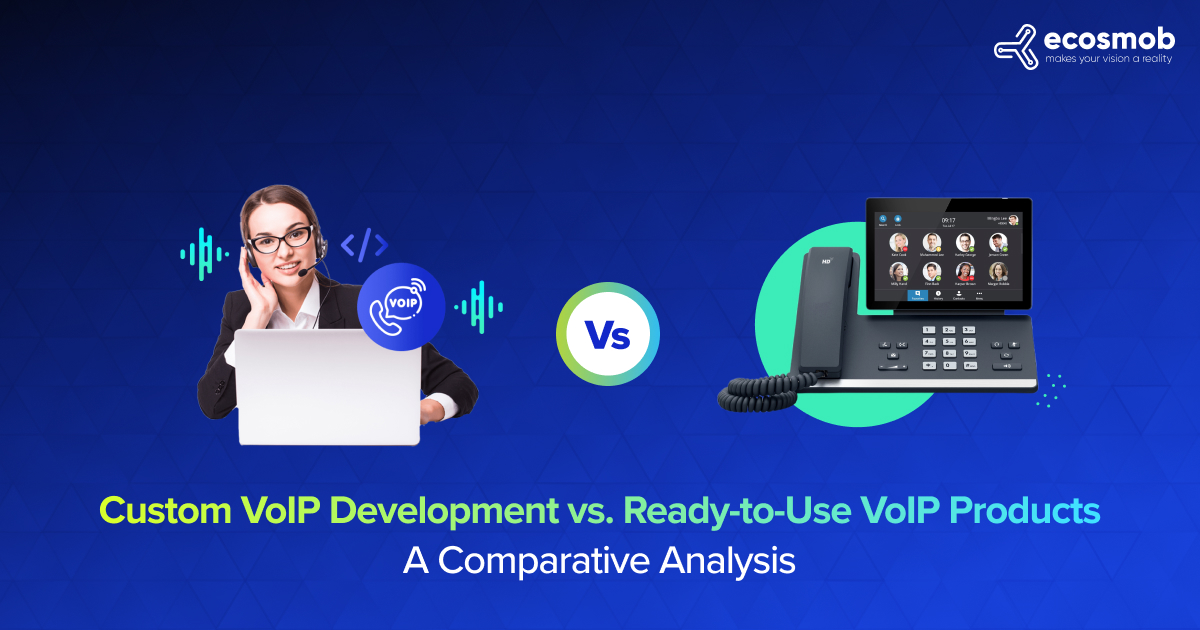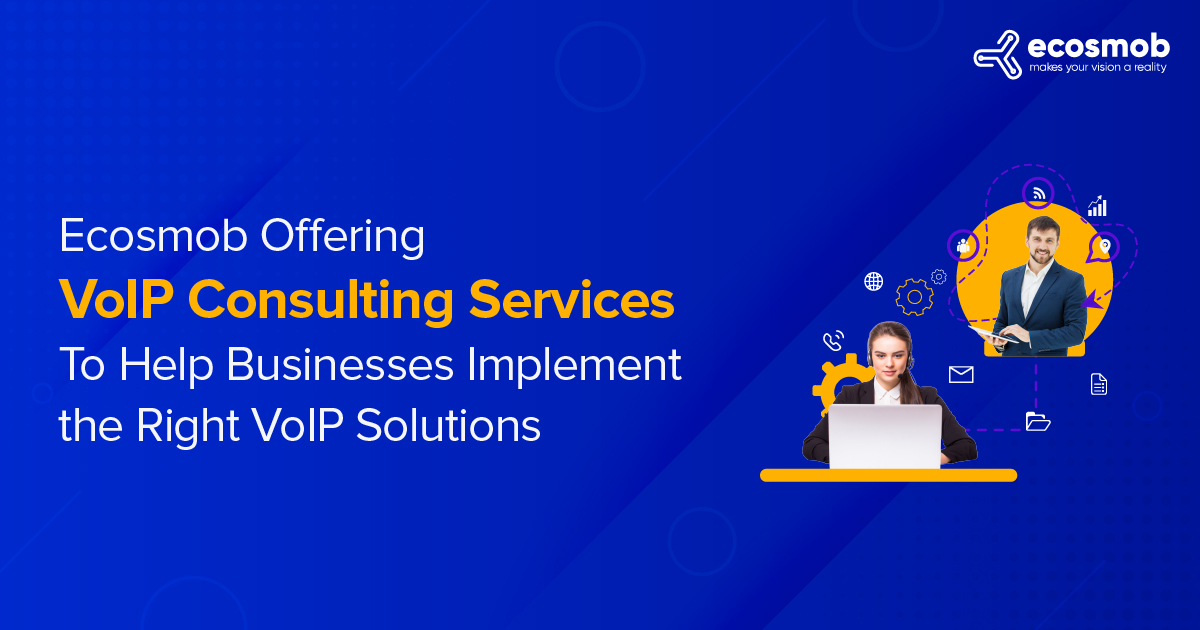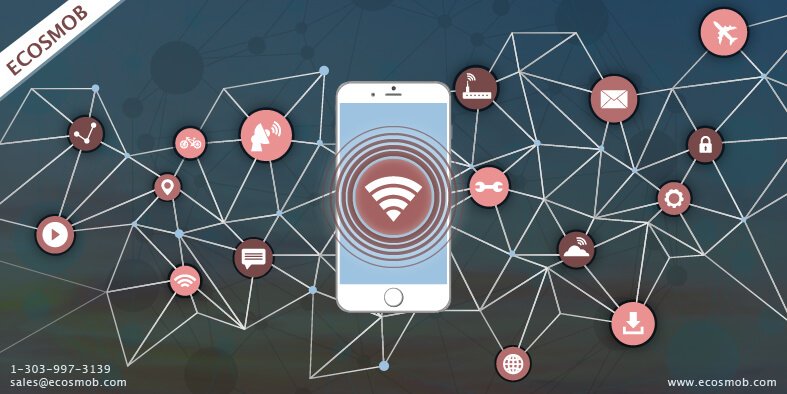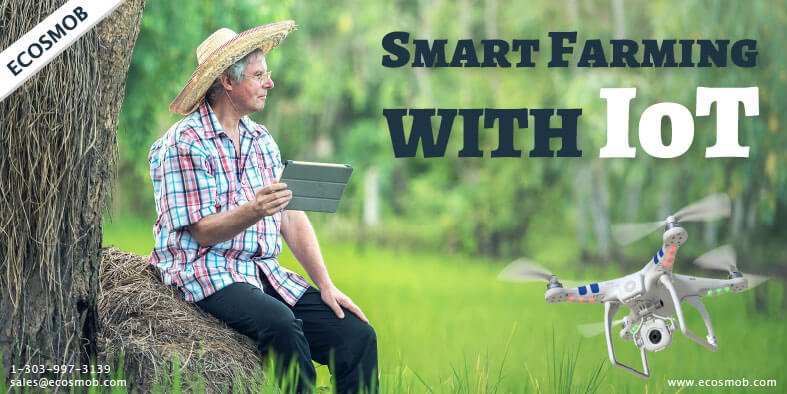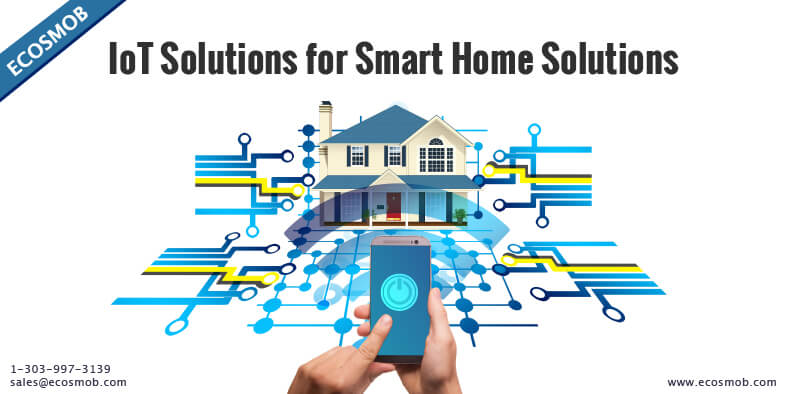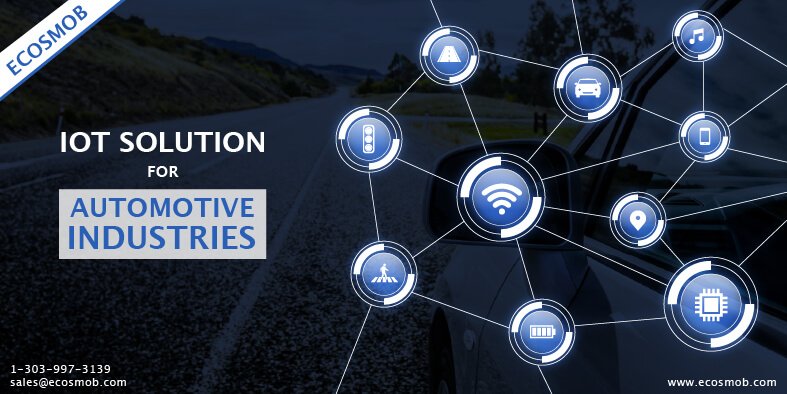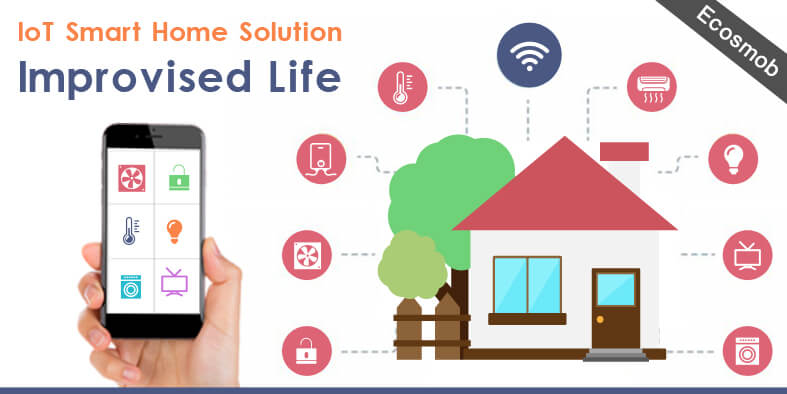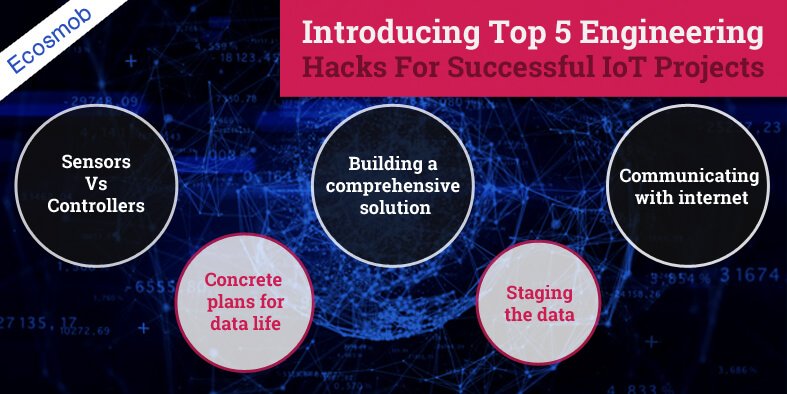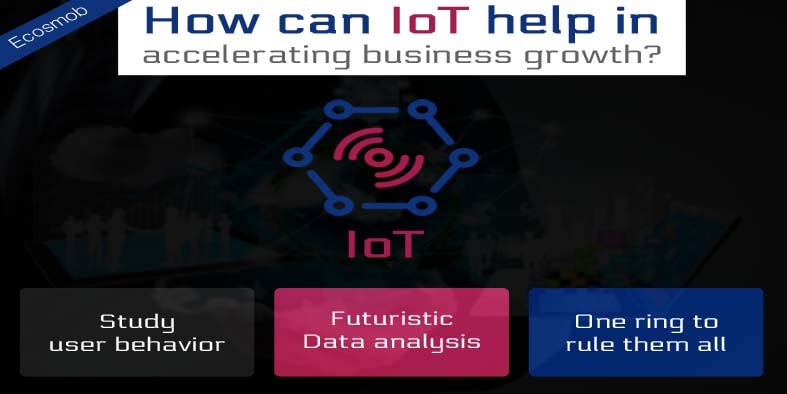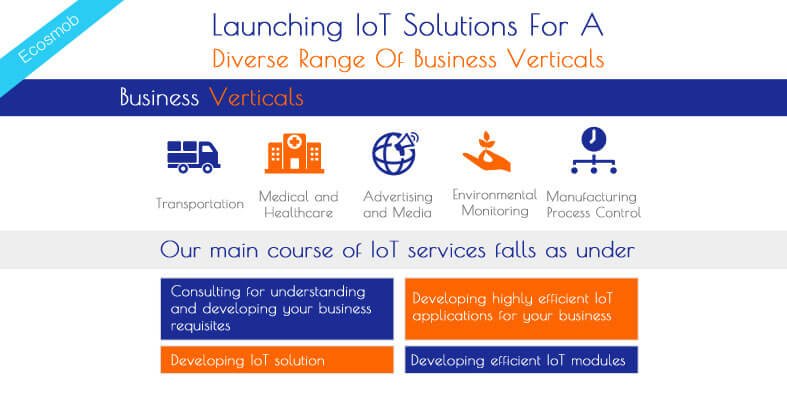The Internet of things (IoT) is perceived by most people as being a technology that helps them connect to things such as air conditioners, microwaves, and others, allowing remote access with ease. However, from the business perspective, IoT is bringing about radical shifts in control and data acquisition. One of these is the marriage of IoT with VoIP.
These may appear to be disparate technologies but there are similarities that bring them together in a seamless way provided VoIP development blends with IoT development. VoIP leverages SIP and the recent webRTC technology for audio and video communications. The same technology carries forward to IoT to enable feeds from passive devices such as video cameras that can show production areas or office areas during a live video conference chat. An executive may wish to remain updated about production progress in which case when IoT and VoIP are blended together, he need not call the production executive on the shop floor; the installed camera or device automatically transmits data when it is triggered by preset parameters. Developers familiar with VoIP protocols can seamlessly extend the boundaries to include IoT and enhance the user experience in line with contemporary expectations and practices. In turn, this translates to more revenue opportunities for VoIP service providers since they can offer several innovative apps to business clients. For instance, business users can receive smartphone messages right into their emails through the VoIP-IoT nexus. It works for calendars the same way. It will be a game changer for VoIP. VoIP, without IoT, is simply voice, fax, and video communications. Now, with IoT development as part of VoIP development, the scope broadens considerably to include equipment as well and save time, labor, and money. Business places become smart business places as equipment generates alerts for users when a message is received or when maintenance is needed.
VoIP does connect remote workers to a central office. Remote workers connected through VoIP-IoT can even push documents to the central office printer or connect to other phones and devices without human intervention. The possibilities are tremendous when one uses IoT included with VoIP development.
The benefits? Cost saving is one. Efficiency increases as human intervention are no longer necessary and this also results in time-saving. Enhanced functionality is one of the prime benefits of the two technologies blending together seamlessly. An office executive needs only his smartphone with VoIP-IoT technologies to carry out a lot of functions that would otherwise have needed the assistance of people.
If you are looking for more information about your IoT application development, kindly drop me an email at sales@ecosmob.com .

